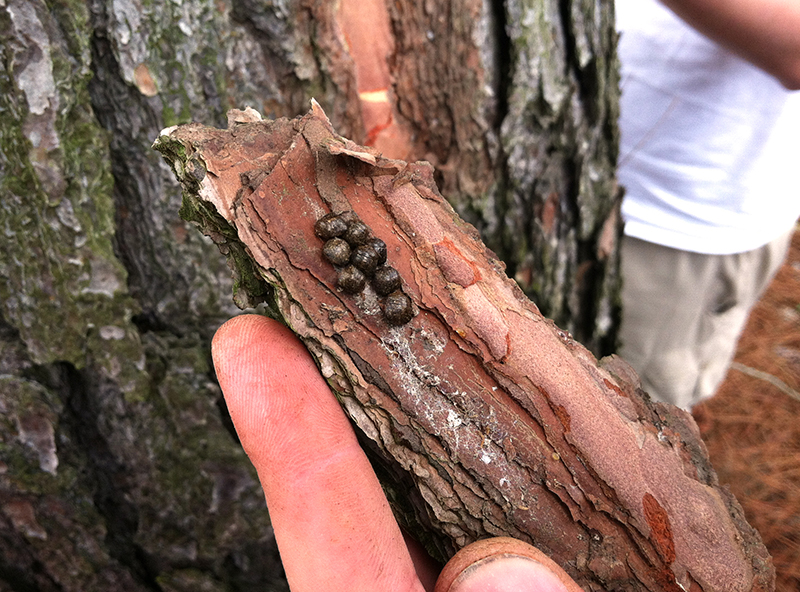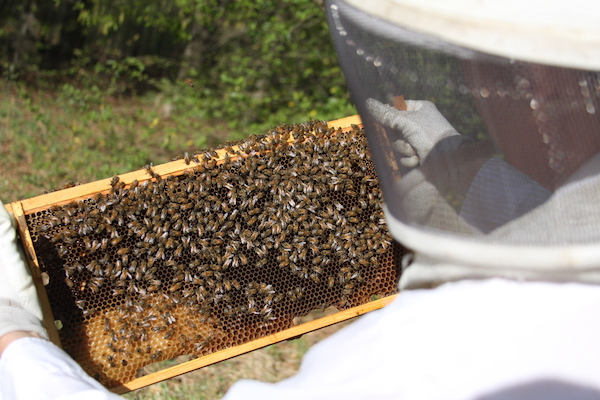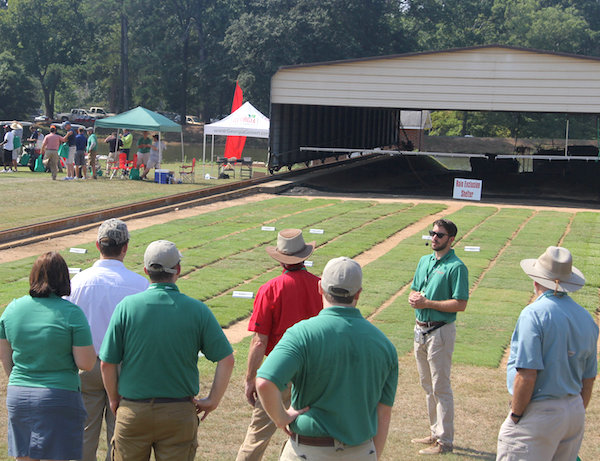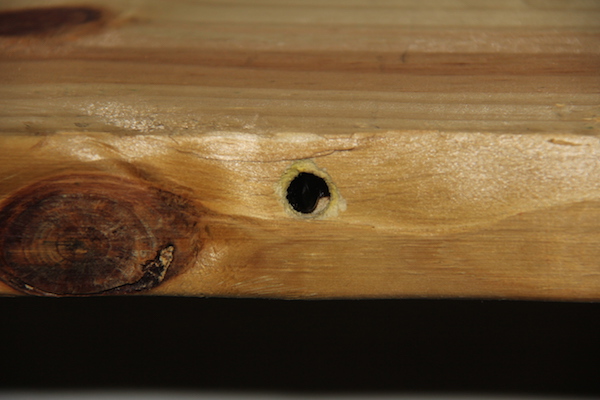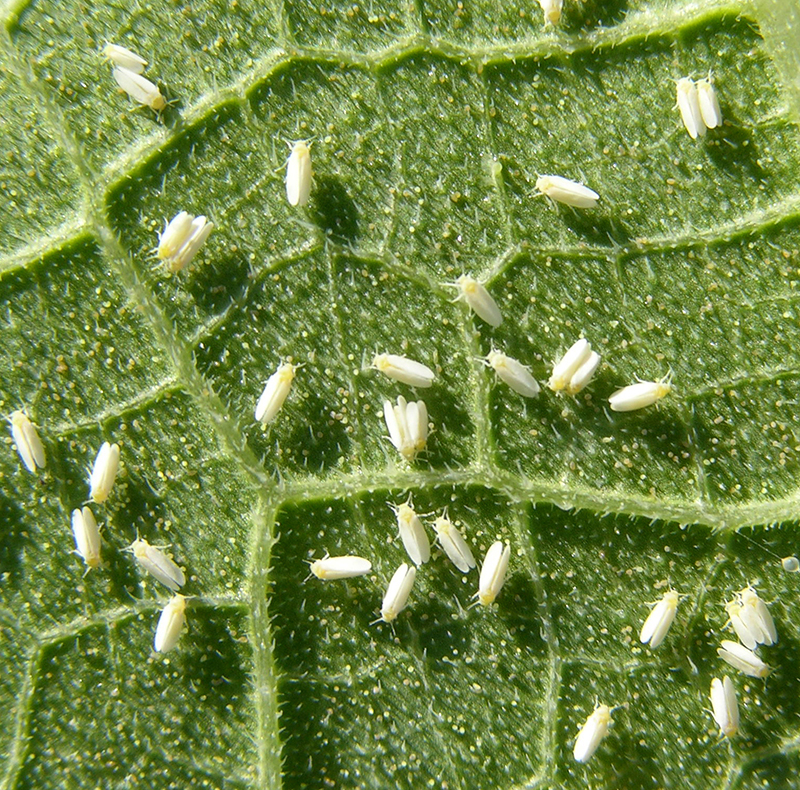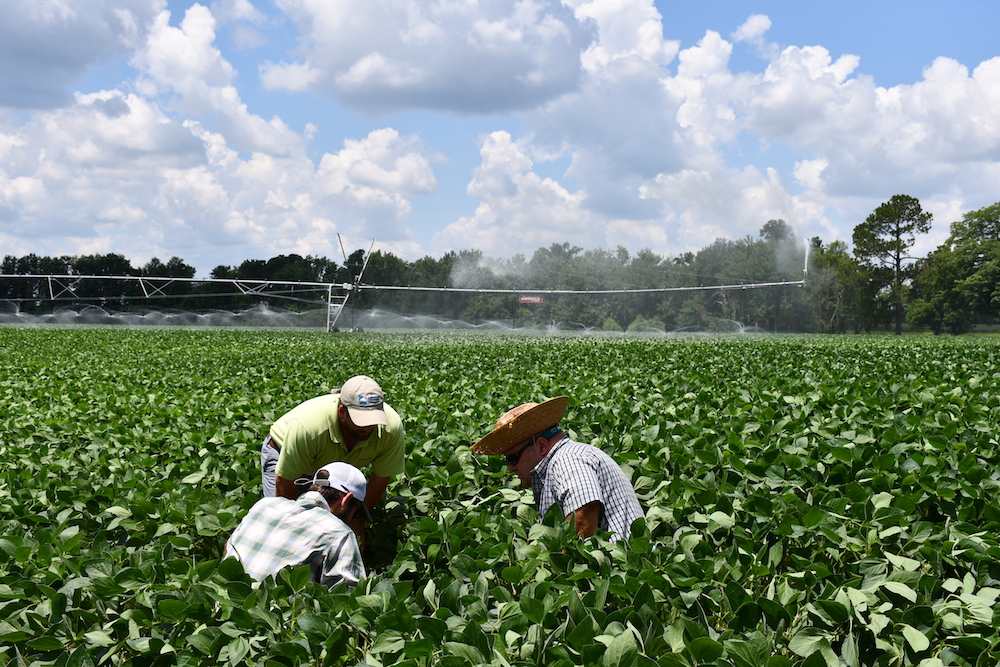 CAES News
CAES News
Scouting School
Even in a world of remote-monitoring stations and farm technology, farmers haven’t found anything better than the human eye to identify emerging crop problems.

